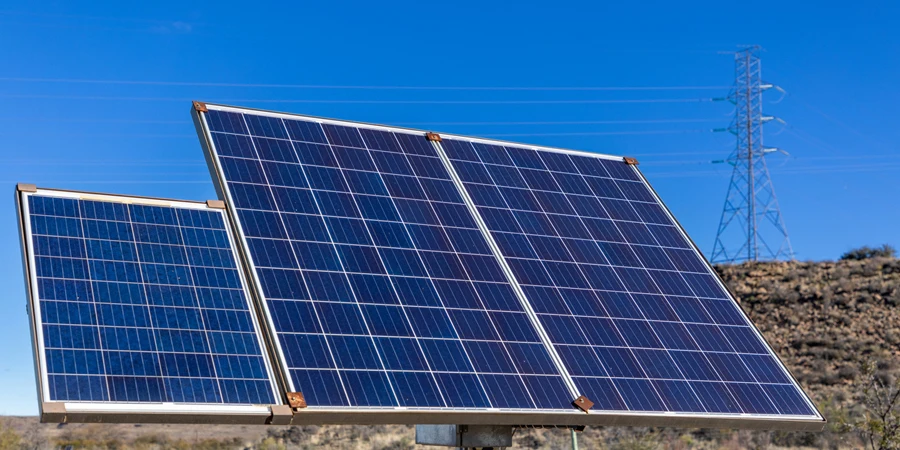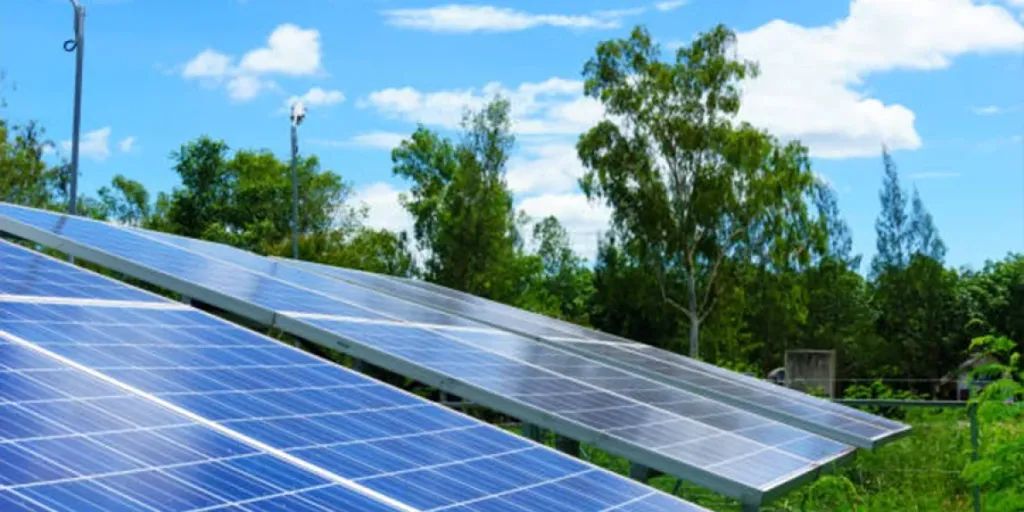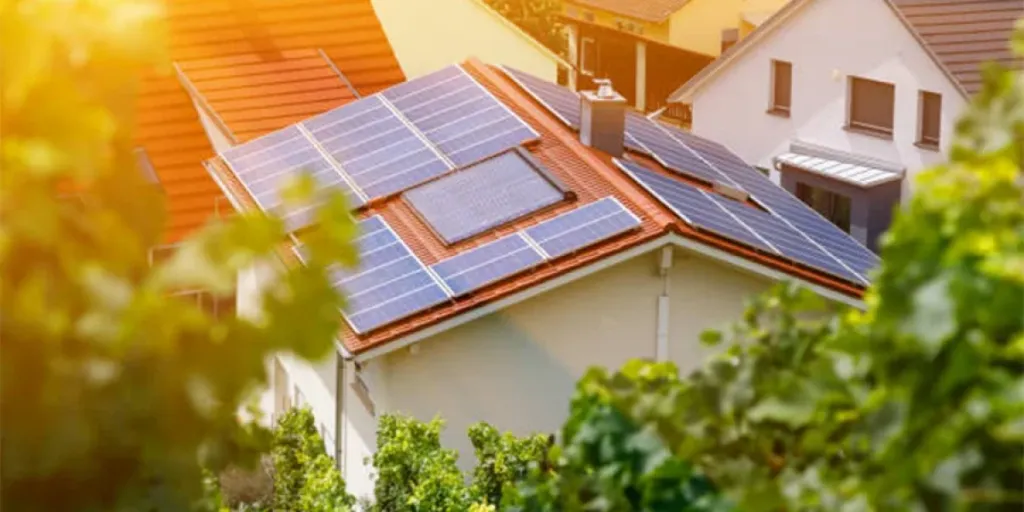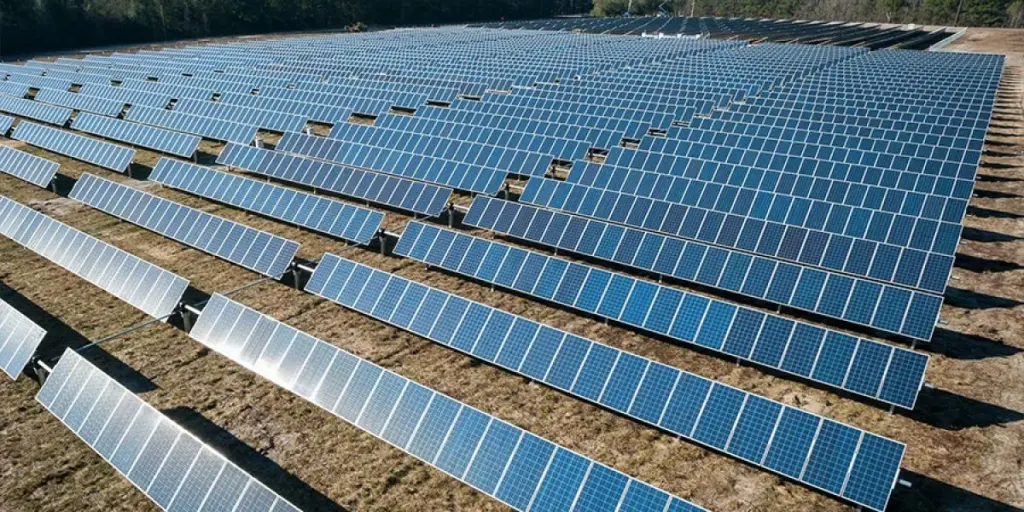The International Trade Administration Commission of South Africa (ITAC) has imposed a 10% import tariff on solar panels to protect local manufacturers, attract investment, and deepen the value chain. The South African Photovoltaic Industry Association has questioned the lack of formal industry engagement, calling the timing “not ideal.”

South Africa’s ITAC is introducing a 10% tariff on imports of crystalline silicon photovoltaic modules and panels. In a statement published on its website, it cited the protection of South African solar panel manufacturers as the reason for enforcing the tariff, which has already come into effect.
It says other factors, including the disinvestment of domestic manufacturers due to strong competition from low-priced imports and a significant decline in the production, sales and capacity utilization of domestic modules, were also taken into account.
An application for an increase in the customs duty of solar modules was brought to ITAC by ARTsolar, a South African solar panel producer.
In the application, ARTSolar said local manufacturers currently have “no meaningful local work” since the last Renewable Energy Independent Producer Programme project ended due to the market being “flooded” with low-priced imports of modules and panels. It also pointed to several manufacturers, JA Powerway, Solitaire Direct, SMA and Jinko Solar, ceasing module production operations in the region.
ITAC said the 10% customs duty will “assist in protecting the remaining local manufacturers, attract new investments into the industry and encourage the deepening of the value chain through localization of certain inputs.” It added the tariff would enable domestic manufacturers to achieve economies of scale and create both direct and indirect jobs. ITAC has proposed the duty structure be reviewed after three years.
The South African Photovoltaic Industry Association (SAPVIA) said it is surprised the duty has been imposed without any formal industry engagement, which it had requested after being made aware of the proposal last August. It plans to now engage the relevant authorities to gain clarity and understanding of the rebate mechanism and communicate this information to its members.
SAPVIA CEO, Rethabile Melamu, believes the immediate implication is likely that a 10% price increase will be passed on to consumers to cover any potential problems or delays in importers utilizing the rebate mechanism.
Melamu added that the association is only aware of three operational module assembly facilities in South Africa. “It is important to note that local assembly facilities import most of the components required for module assembly, with minimal localization of the upstream components and no localization of solar polysilicon, ingot, wafer or cell production,” she said.
SAPVIA adds that despite continued module price declines over the last three to four years, module pricing still makes up a significant portion of the total solar capex, ranging from 30% to 45% for rooftop PV and by between 20% and 35% for carport and ground mount solutions.
The association estimates the local module assembly capacity at approximately 620 MW annually for larger format modules destined for the utility-scale and C&I markets, which is around five times less than the current annual demand. “The immediate introduction of a duty is not ideal at this point,” the association said.
This content is protected by copyright and may not be reused. If you want to cooperate with us and would like to reuse some of our content, please contact: editors@pv-magazine.com.
Source from pv magazine
Disclaimer: The information set forth above is provided by pv-magazine.com independently of Alibaba.com. Alibaba.com makes no representation and warranties as to the quality and reliability of the seller and products.




